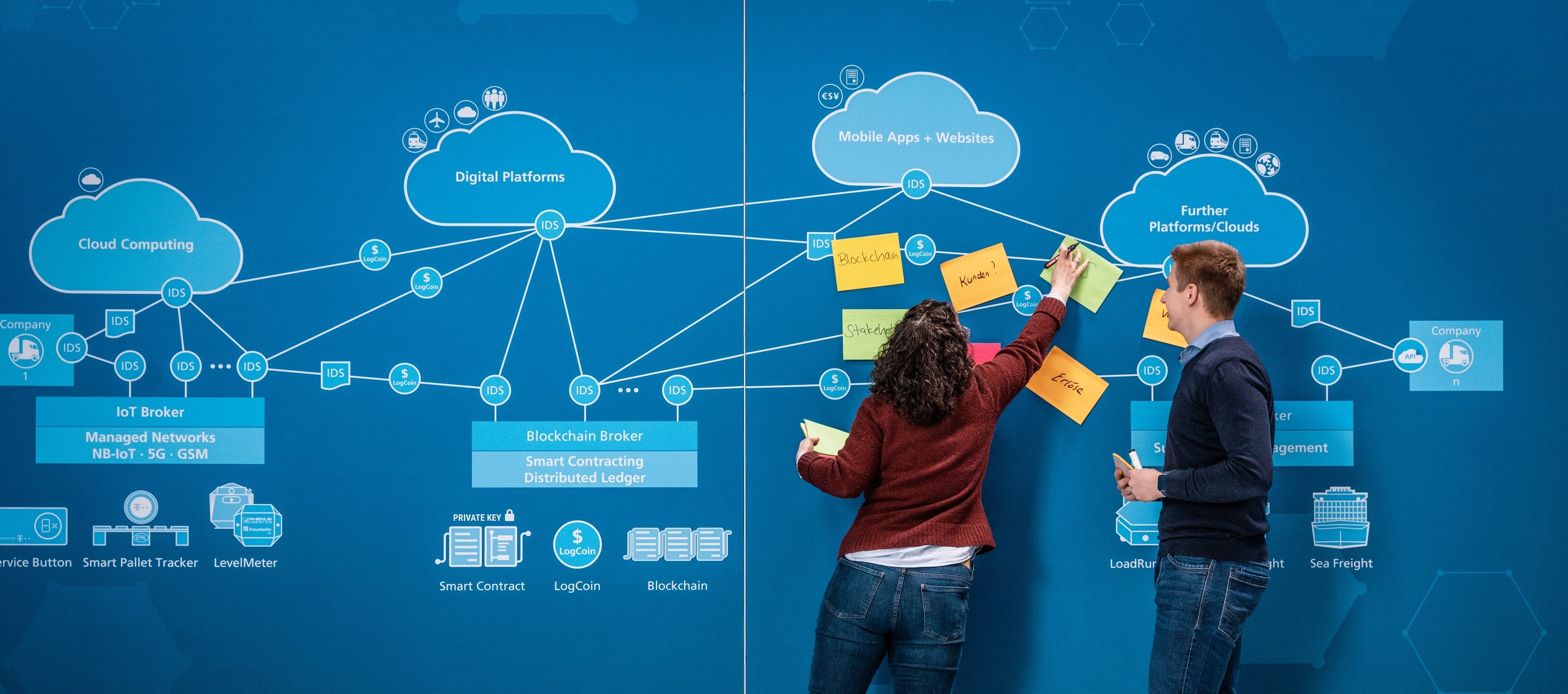Prepared for the future
Corporate success in times of digitization can no longer be achieved through product and process innovations alone, but rather through business model innovations. The continuous questioning and further development of one's own corporate strategy is an essential success factor for companies. In the area of strategy development, we therefore deal with the analysis and holistic design of innovative business models, considering current technological and social trends.
 Fraunhofer Institute for Material Flow and Logistics IML
Fraunhofer Institute for Material Flow and Logistics IML